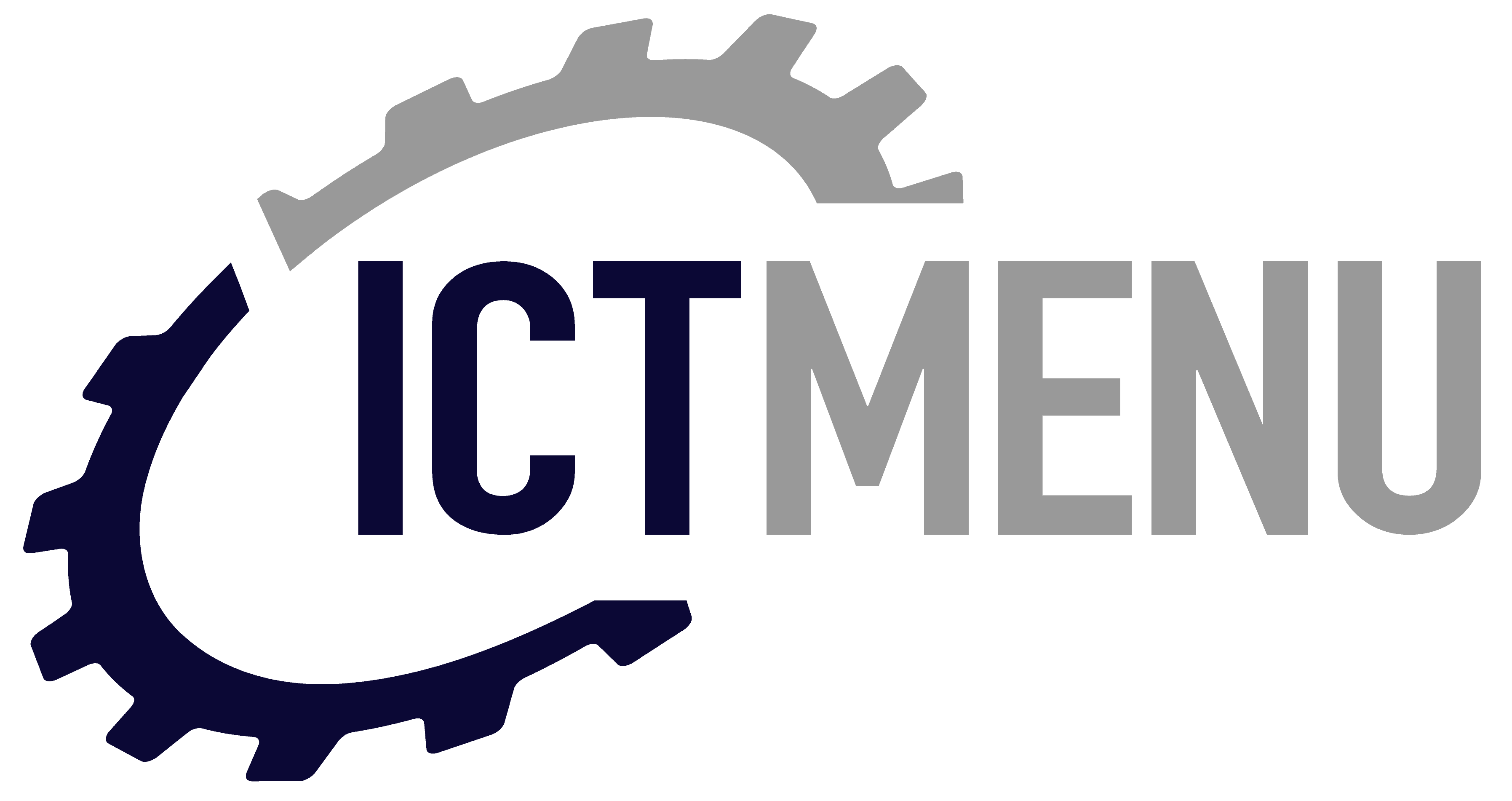Outline the essential tools for managing digital projects effectively from start to finish. Discover key solutions that streamline processes, enhance efficiency, and optimize technological infrastructure. You will gain insights into self-hosting tools, cloud solutions, and ICT advancements vital for IT professionals and enthusiasts. Prepare to explore practical, detailed guides that empower you to manage and optimize your digital projects seamlessly.
Essential ICT Tools
Outline your path to optimized digital project management by exploring essential ICT tools that are indispensable in today’s fast-paced technology landscape. These tools offer a variety of functionalities, ensuring that your projects not only progress smoothly but also achieve peak efficiency. From project tracking to automation and beyond, understanding the value of cloud solutions, self-hosting tools, and more is crucial for streamlining processes and optimizing workflows.
Cloud solutions facilitate collaboration and enhance productivity by providing readily accessible resources from any location. This flexibility leads to more efficient teamwork and faster project completion. Meanwhile, self-hosting tools, which allow you to run your own servers and services, offer heightened data security and control, making them an attractive choice for organizations aiming for customized solutions that cater to specific needs.
Essential tools for digital project management include platforms that support task distribution and monitoring, automation tools that reduce manual intervention, and optimization software that ensures resources are used effectively. Moreover, by leveraging data analytics capabilities, these tools empower IT professionals to make informed decisions and refine strategies quickly.
Each tool plays a pivotal role, helping teams meet organizational goals and providing a foundation for innovation and growth. As we delve deeper into optimizing infrastructure, the subsequent chapter will guide you through the intricate processes involved in fine-tuning your systems, leading to enhanced operational performance and success.
Optimizing Infrastructure
Outline the pathway to optimizing infrastructure and recognize its role as a cornerstone in the success of digital projects. As projects expand, the integration of robust technology platforms becomes indispensable, providing enhanced scalability and efficiency. Leveraging ICT tools designed specifically for network management and resource allocation is crucial, as they significantly boost overall performance. By optimizing infrastructure, businesses can ensure efficient operations, maintaining a high level of productivity across their digital projects.
To maximize these benefits, consider the following:
- Scalability: Effective infrastructure tools allow systems to grow with demand, accommodating more users or data without compromising performance.
- Efficiency: Streamlining processes through automated resource allocation reduces the time and effort required to manage complex systems, enabling swift adjustments and minimizing downtime.
- Productivity: By eliminating bottlenecks and optimizing workflows, teams can focus on innovation and strategic goals rather than operational hurdles.
Implementing these tools not only enhances the immediate project environment but also lays a resilient foundation for future expansions. As the chapter on essential ICT tools highlighted, embracing technology for resource management is a strategic move.
Looking ahead, the transition to self-hosting solutions presents a compelling opportunity for deeper customization and control. By concluding this exploration of infrastructure optimization, we set the stage for diving into self-hosting, where you’ll learn to harness this flexibility for customized project management.
Implementing Self-Hosting Solutions
Implementing self-hosting solutions can provide unparalleled oversight and enhance the management of digital infrastructure. Clearly outlined steps are crucial for ensuring these self-hosted environments are set up effectively. Initiating a self-hosting strategy grants businesses authoritative control, a feature advantageous for maintaining high data privacy standards. A crucial first step is selecting appropriate hardware that can accommodate the intensive resource demands typically associated with self-hosting.
Once hardware decisions are made, identify a robust software platform such as Docker or Kubernetes, which allows for efficient management and scalability of applications. Emphasizing a secure setup involves configuring firewalls, maintaining encrypted connections, and adhering to best practices in cybersecurity. A well-outlined self-hosting approach should include routine maintenance and updates to safeguard against vulnerabilities, ensuring both integrity and reliability of data.
Moreover, consider deploying a Virtual Private Network (VPN) to further enhance privacy and provide a secure connection to your self-hosted infrastructure. Self-hosting also allows for a high degree of customization—whether it’s tailoring software to meet specific operational needs or optimizing inclusivity with add-ons and integrations. This flexibility is invaluable for ensuring the digital environment complements enterprise objectives.
Transitioning from optimizing infrastructure to mastering self-hosting lays the groundwork for more autonomous digital management. As we delve into effective project management next, understanding how self-hosting integrates within broader ICT initiatives will be pivotal for strategic deployment and operational success.
Effective Project Management
Outline an effective project management strategy that enhances your workflow in digital projects by integrating the right tools designed to streamline tasks, automate routine processes, and enhance team collaboration. Transitioning from implementing self-hosting solutions, proper project management tools can help organize these systems more efficiently. These tools are vital for keeping projects on schedule and within scope, offering a comprehensive view of all aspects of ongoing work.
Select project management platforms that provide intuitive dashboards, allowing team members to view real-time progress and easily adapt to changes. Key features to look for include automated task assignment, calendar integration, and progress tracking, ensuring that deadlines are met without unnecessary stress. Platforms like Trello, Asana, and Monday.com are popular choices, each offering unique functionalities tailored for enhanced teamwork, communication, and efficiency.
These tools facilitate seamless collaboration through shared documents and communication channels, breaking down barriers often found in remote work settings. By managing milestones efficiently, these tools give teams a competitive edge, maintaining quality and productivity. Users can outline tasks clearly, providing a transparent framework that promotes accountability and clarity across all levels of the project.
A robust project management strategy not only optimizes workflow but also lays a solid foundation for future projects. As we move forward to discuss harnessing automation, consider how integrating these tools can further enhance the efficiency of your digital projects, delivering results with superior quality and precision.
Harnessing Automation
Outline the possibilities automation offers to streamline digital project management by minimizing repetitive tasks. By integrating automation into your digital infrastructure, you can smoothly transition from effective project management to innovative workflows that save time and resources. Automation tools such as workflow automation, data processing scripts, and integration platforms are key instruments in this transformation. These tools reduce manual effort, allowing for greater focus on strategic initiatives and fostering innovation.
Consider utilizing workflow automation platforms that enable the creation of rule-based actions to define and automate routine processes. For example, platforms like Zapier and Microsoft Power Automate can automatically transfer data between applications, simplifying complex tasks into a series of efficient operations. Additionally, data processing scripts, developed using languages such as Python, provide the flexibility to process and analyze large datasets without constant human intervention.
Through the implementation of these tools, teams can focus on complex problem-solving and proactive project development. Automation enhances operational efficiency, promoting routine task delegation to machines, which leads to increased productivity. This translates to higher returns on investment for digital projects.
As we move forward, recognizing the balance automation creates between routine and innovation is crucial. Delving into the latest developments in the information and communication technology landscape will further strengthen your digital infrastructure. With this foundation, you are well-positioned to explore the upcoming chapter on the latest ICT advancements, which will highlight emerging trends and cutting-edge technologies shaping tomorrow’s digital projects.
Latest ICT Advancements
Outline the latest ICT advancements that are reshaping the digital landscape, empowering businesses to pivot and scale with precision. The transition from the emphasis on automation to incorporating innovations like AI-driven solutions signals a significant leap forward, offering businesses robust methods to streamline operations. Artificial Intelligence, with its ability to process vast datasets and offer predictive insights, is now at the forefront of digital transformation. Utilize AI to not only automate mundane tasks but to gain actionable intelligence that propels strategic decisions.
Advanced cloud computing further optimizes business infrastructure by providing scalable resources and sophisticated data management solutions. The shift to cloud-based models reduces the need for physical hardware, leading to cost efficiency and flexibility. Companies can access resources as needed, paying only for what they use while ensuring security and compliance.
Adopting these technologies offers competitive advantages, allowing businesses to future-proof their strategies and remain agile in a rapidly evolving marketplace. By integrating such tools, companies enhance their capability to adjust their objectives and react to market changes swiftly. Consider the example of a retail company that harnessed these ICT advancements to manage inventory in real-time, significantly reducing overhead costs and improving customer satisfaction.
Staying informed and embracing these modern solutions not only enhances existing capabilities but is crucial for maintaining momentum and achieving sustained success. Transition seamlessly from automation to these cutting-edge ICT advancements to unlock new levels of growth and efficiency, ensuring your business remains a leader in innovation and technology adaptation.

